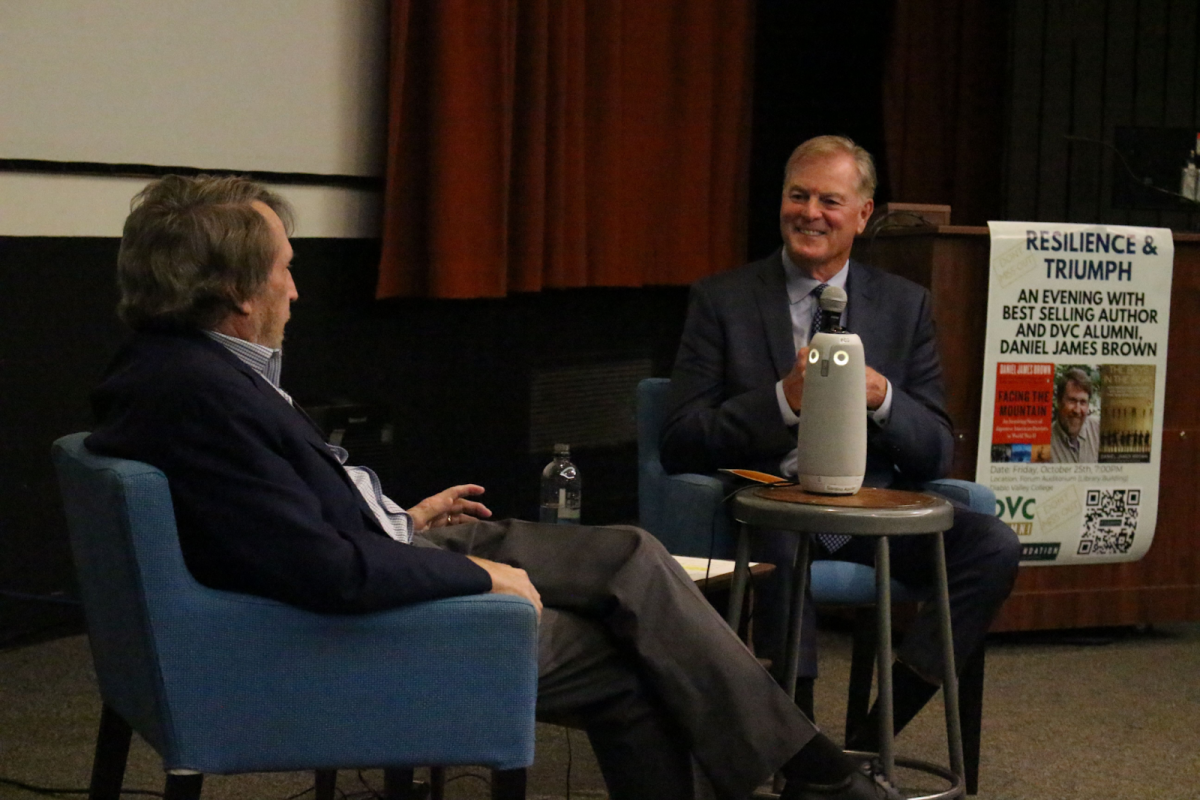The state’s recent decision to drastically reduce funding for programs that serve students with disabilities and students with little or no income exposes a political reality: In difficult times, the neediest will be sacrificed, because they have the least political clout.
These specially funded programs include Disabled Support Services (DSS), which serves students with physical or developmental disabilities by providing accommodations like note taking, special computers, and extended time on tests; Extended Opportunity Programs and Services (EOPS), which assists low-income students by providing individualized counseling and book vouchers; CalWORKS, which helps poor parents get through school: and Matriculation, which helps students meet their educational goals through admissions, assessment, and counseling.
On top of these state cuts-which range from 16 to 62 percent-California received only $37 million from the federal stimulus package, far from the 4130 million that was expected to offset the blow of the cuts.
As a result, DSS eliminated tutoring and its special skills class, while EOPS sacrificed its work study program and limited tutoring hours. CalWORKS let go two of its hourly employees, and matriculation funding was reduced to less than $400,000 in comparison to more than $1 million last year.
These kinds of cuts have a devastating impact. They send a message that you are not welcome at DVC, if you are poor, have a disability or are underprepared for college work.
Why couldn’t these cuts be spread across the entire campus, thereby targeting all programs and services rather than the burden of falling on just a few?
Granted, the district and colleges are gearing up for big cuts in their general fund budgets, with classes being deleted from the spring and summer schedule and operating expenses to be sharply curtailed. Still, the district could dip more deeply into its $29 million reserve funds to cushion the blow of our most vulnerable students.
And can we be assured that the cuts to these programs were made to preserve essential services? Or did they preserve certain jobs at these students’ expense?
In these crucial times, such questions demand answers. Equality and fairness should be the principles that guide such important decisions.












































































